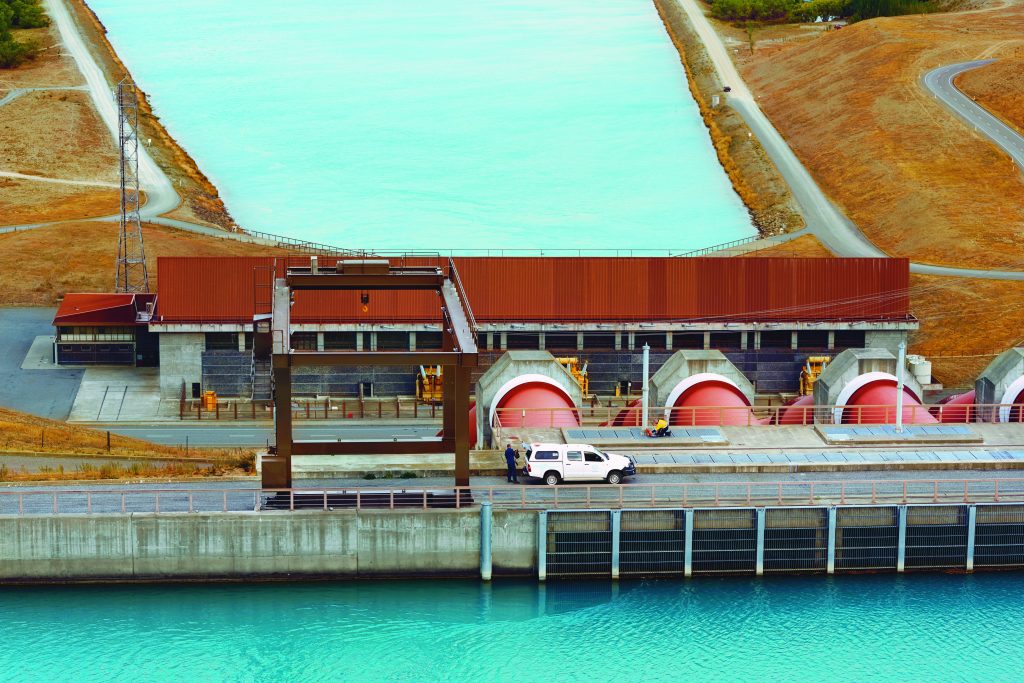- Impacts & Adaptation
Research Programme
- Jennifer Purdie
University of Otago - View the full team
Project Lead
-
Budget
$530,000 -
Duration
October 2020-March 2024
-
Completed project
Climate change impacts on NZ electricity
Simulation of climate change impacts on the New Zealand energy system
Electricity underpins every facet of our lives, and impacts our social and economic wellbeing. Climate change is expected to cause significant changes to both the demand and supply sides of electricity.

Both government and industry are alive to the importance of balancing the “energy trilemma” in coming decades: security of supply, moderate price and sustainability. The Climate Change Commission called for New Zealand to work towards a high proportion of renewable energy and the accelerated electrification of transport and industry. However, at the time, the future of the New Zealand electricity system had not been well modelled.
This project aimed to further developed a model already in use in the industry, to model climate impacts on the entire electricity system out to at least 2050, with inputs including projections of wind, water and snow melt; scenario changes to electricity demand from decarbonisation (such as increased electrification of transport and industry); irrigation pumping load from drought; and changes to heating and air conditioning load.
Read a final summary of the project’s findings here.
The data produced through this research is available on request, by contacting Jen Purdie: [email protected]
How is this research being used:
- As inputs to the BRANZ Lifecycle Carbon Footprint model.
- To inform feasibility analysis for the NZ Battery Project, MBIE.
- By industry generators and retailers to understand how climate change will affect future energy generation.
Who we engaged with:
- Industry research advisory group
- Climate Change Commission
- Environment Canterbury
- Environmental organisations and industry networks
This project in the media:
- Meeting electricity demand in 2050: Climate change & energy supply Our blog
- As NZ gets serious about climate change, can electricity replace fossil fuels in time? The Conversation
- What happened with our hydro lakes this year? Stuff
- Future of New Zealand energy set to look very different RNZ
- How a shallow lake nestled high in the Central Otago hill country could electrify the country, Stuff
PROJECT TEAM
-
Jennifer Purdie
University of Otago -
Janet Stephenson
Centre for Sustainability, University of Otago -
Michael Jack
University of Otago -
Abha Sood
NIWA -
Christian Zammit
NIWA